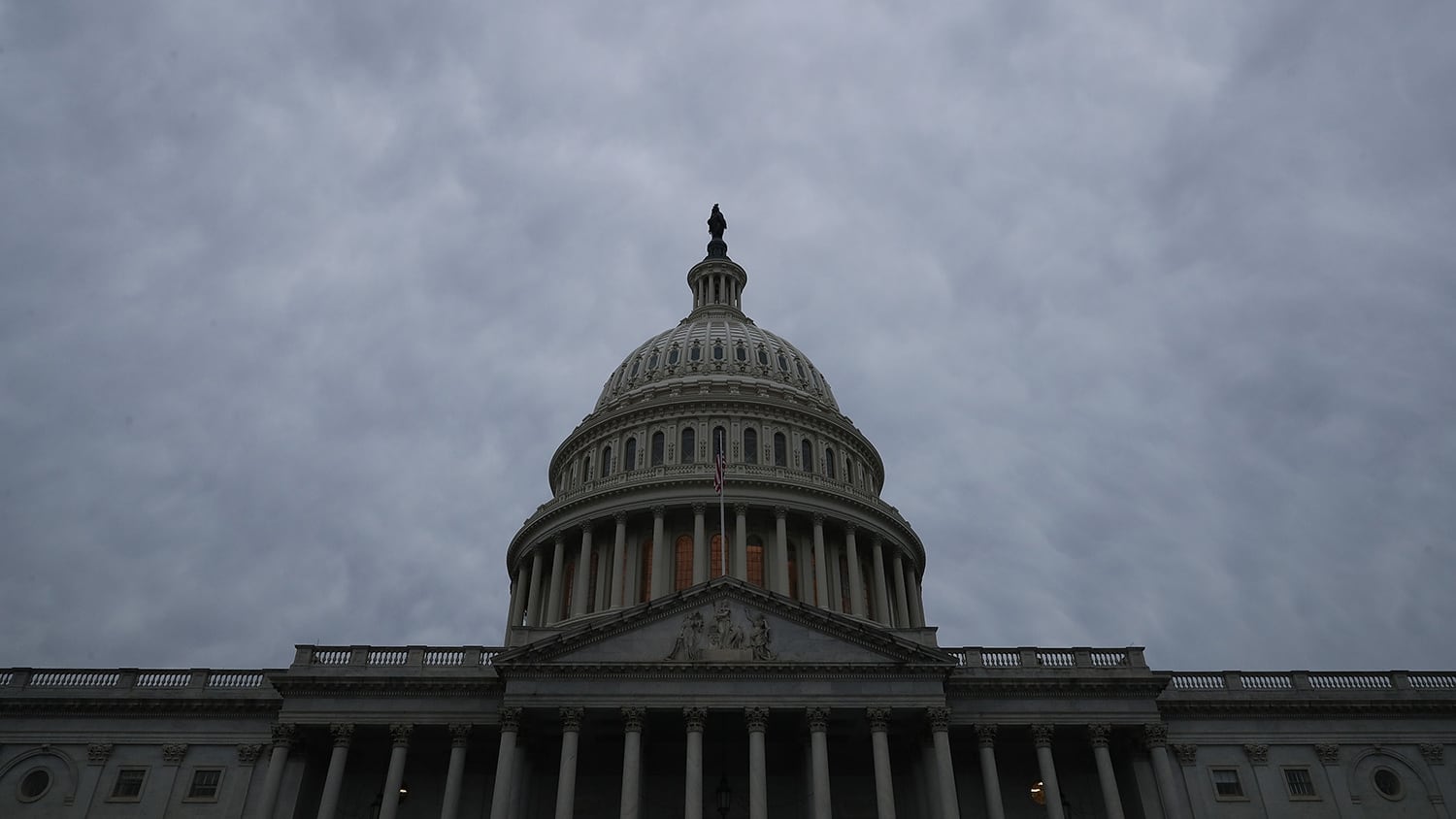WASHINGTON ― More than two dozen Democrats are demanding that House Armed Services Committee leaders cut defense spending in the 2021 defense policy bill, saying the money would be better spent combating the coronavirus pandemic.
A May 19 letter, mostly from Congressional Progressive Caucus members, marked a prelude to what could be complicated efforts to pass the National Defense Authorization Act in the Democrat-led House. The panel is expected in the coming weeks to introduce and mark up a draft, in line with the $740 billion top line set by the 2019 budget deal.
But 29 Democrats ― led by House Progressive Caucus Co-Chair Mark Pocan of Wisconsin and Rep. Barbara Lee, a senior appropriator and California progressive ― said the defense spending should be lower than last year’s $738 billion top line.
With Americans dying from COVID-19 by the thousands, tax dollars would be better spent on an expansion of testing, contact tracing, treatment and vaccine development, they said.
“Congress must remain focused on responding to the coronavirus pandemic and distributing needed aid domestically,” the lawmakers wrote. “In order to do so, appropriators must have access to increased levels of non-defense spending which could be constrained by any increase to defense spending.”
“Right now, the coronavirus is our greatest adversary. It has killed more than 90,000 Americans, far surpassing the number of casualties during the Vietnam War,” the letter read. “America needs a coronavirus cure, not more war. We need more testing, not more bombs."
How the loss of support from 29 House Democrats will factor into passage of the NDAA remains to be seen. In a note accompanying the letter, the organizers noted that if Republicans held back support ― which they did last year ― only 19 Democrats would need to vote “no” this year for the bill to fail.
RELATED

Last year, House Republicans resisted an early version of the 2020 bill written by House Democrats, but even after many of their priorities were stripped out in negotiations with the Republican-controlled Senate, the compromise bill still passed the House without them, 377-48. House Speaker Nancy Pelosi found common ground with the White House on an eleventh hour paid parental leave provision that attracted most Democrats.
This year, House Armed Services Committee Chairman Adam Smith, D-Wash., has spoken in favor of working to protect the defense-industrial base through stimulus funding. But with a stimulus bill caught in a partisan deadlock, it’s unclear whether lawmakers will see the NDAA as a potential vehicle for defense industry aid.
If so, that could be a sticking point. Last month, Smith told reporters that public health needs were more pressing and that within the Pentagon’s existing $738 billion budget, defense officials "have a lot of money and ought to spend that money to meet those needs” before Congress considers more.
HASC ranking member Mac Thornberry, who led early Republican opposition to last year’s bill, has said he is hopeful this year’s bill will be more bipartisan.
Thornberry, R-Texas, also opposed the idea of cutting defense to fund health care needs.
“I bristle a bit at the notion, ‘well, of course [the Department of Defense has] got to get their budget cut,’ " he said, “because the world’s not going to be safer on the other side of COVID.”
Joe Gould was the senior Pentagon reporter for Defense News, covering the intersection of national security policy, politics and the defense industry. He had previously served as Congress reporter.







